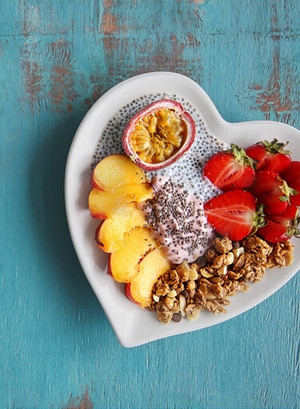- My Ramadan
- Recipes
- Nutrition And Health
-
Brands
- Aero
- COFFEE-MATE®
- CRUNCH® CEREALS
- Cocoa Puffs®
- Fitness Toasties
- illuma 3
- KLIM®
- MAGGI®
- NAN® 3
- NESCAFÉ®
- NESQUIK®
- Nestle® CERELAC®
- Nestle® Pure Life®
- NIDO® PLUS
- PROGRESS KIDS GOLD
- SMARTIES®
- COUNTRY CORN FLAKES®
- CHOCAPIC®
- COOKIE CRISP®
- HONEY CHEERIOS®
- KITKAT®
- LION® CEREAL
- NESCAFÉ® Dolce Gusto®
- NESQUIK® CEREALS
- Nestle® FITNESS®
- NESTLÉ® DESSERT SOLUTIONS
- NIDO® FORTIFIED
- PROMISE PE GOLD
- Perrier®
Hand washing is the key to safety
Did you know that on each square centimeter of your skin, there are about 1500 bacteria? Then again, with proper hand hygiene you may eliminate nearly half of these bacteria and reduce cases of food-borne illness (food poisoning) that might affect you and your family.
Maintain good hand hygiene:
- In your home: It is important to take your time when you wash your hands. Use water and soap and make sure that you dry them well.
- In your kitchen:
- If accidentally the faucet got dirtied with food residues, rinse it with soap and water to remove traces of dirt.
- For the care of your hands, try using warm water and rub your hands briskly with friction on your wrists, between your fingers and your fingertips.
- Always have soap available next to the sink, and make hand washing an everyday habit especially before touching anything in your kitchen.
When to Wash Your Hands?
| BEFORE | AFTER |
| Caring for babies | Changing diapers |
| Handling foods such as washing fruits and vegetables | Handling raw meat/poultry or unwashed fruits or vegetables |
| Cooking | Getting visible soil on your hands |
| Eating | Going to the toilet |
| Giving medications | Playing with pets |
| Putting contacts in eyes | Coughing or sneezing |
| Smoking, eating or drinking | |
| Coming back home from work or outside |
Is using Gloves a Good Practice in the Kitchen?
You can use disposable gloves when you are in direct contact with food for example when stripping off flesh from chicken or when doing some stuffing, however gloves are disposable meaning that they need to be used just once and discarded. Make sure not to wash and reuse them because they might become a source of contamination.




